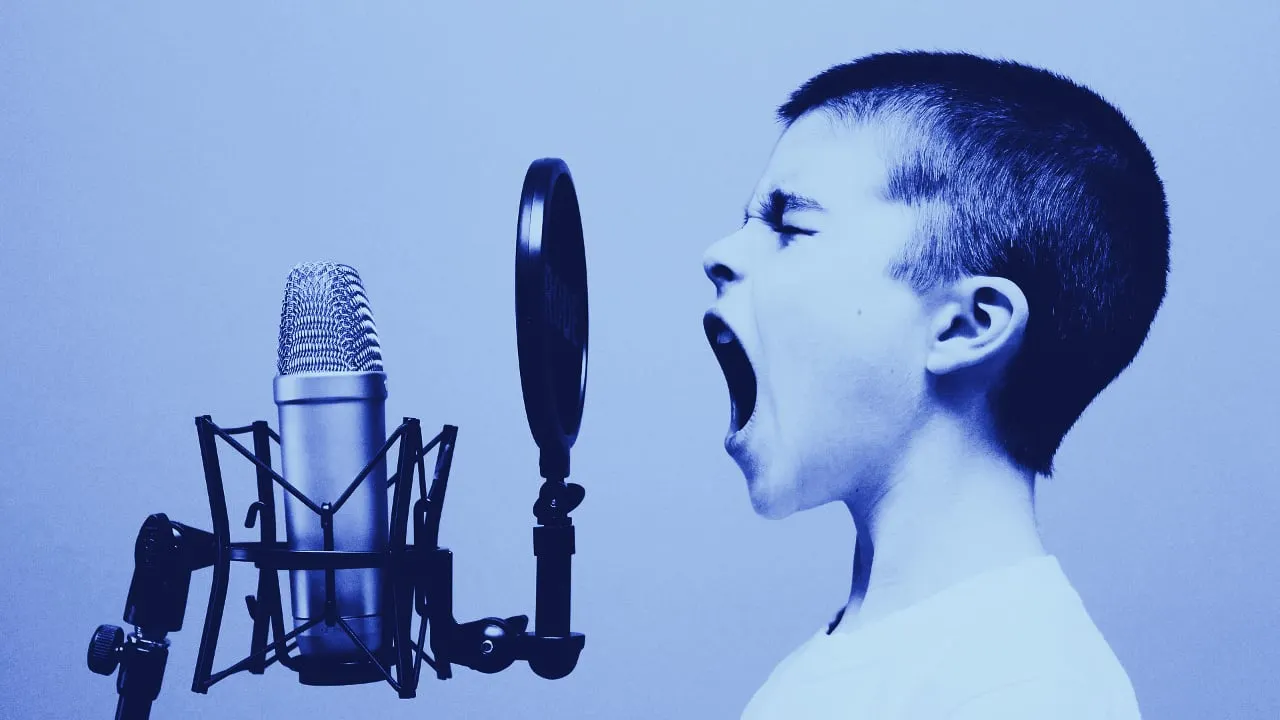A new streaming service with its sights set on making the middlemen of the music biz obsolete is inching closer toward its goal of disrupting the Spotifys and SoundClouds of the world.
After a year of development, and armed with $5 million in investment capital from VC firms General Catalyst, Lightspeed, and Pantera Capital, blockchain startup Audius is finally ready to show the world what it's been working on.
Today, it’s unveiling its code on GitHub, free and open source, and inviting anyone in the world to join its network as a service provider. Those that do will get an advanced “seat at the table” on Audius’s eventual mainnet, and an opportunity to begin earning “compounding rewards” in the form of Audius's native cryptocurrency, CEO Roneil Rumburg said in an interview with Decrypt.
“Over the last year, we developed a first version of the Audius protocol; we’ve been running a private beta for the last two months or so,” Rumburg said. “We feel like things are reaching a point of stability, [and] we want to open this up to the world in a public beta.”
Rumburg explained that the first step in opening up Audius to the public is to open source its code and begin onboarding third-party service providers—the people on the Audius network who will run creator nodes and discovery services. “Open sourcing it will finally mean that those folks will start to run things,” said Rumburg. In other words, instead of Audius—the company—operating the network infrastructure as it has been during its private beta, its decentralized music-sharing project can now begin in earnest.
Starting today, anyone who wants to run a node on Audius can setup a server on Amazon Web Services, or some other provider, and register the end point on the network. In doing so, these service providers will be in a position to begin staking Audius tokens and start earning a share of the revenue generated on the network from music sales.
At the moment, Audius has “a few hundred” artists on its network who are able to engage with and sell their music directly to their fans, said Rumburg. Transactions on the network are made using Audius’s secondary token—a stablecoin called Loud that is itself backed by a basket of third-party stablecoins.
And “every time a user listens to something and is paying an artist, a percentage of that payment is dumped into a pool that is then distributed to stakers of the Audius token,” Rumburg said.
But there are other benefits to being an early entrant on the network, according to Audius’s CEO. For one, those that sign up during the testnet won’t be required to meet the minimum token-staking requirement as stipulated by Audius’s algorithm—which is another way of saying they can get in at a discount.
And for another—well, for that you’ll need to go directly to the source, said Rumburg, for legal reasons: “There are also some more specific incentives that unfortunately from a legal standpoint we can’t get into,” he said.
Evidently, it really sticks in the SEC’s craw when token rewards and distributions are “broadly marketed”—it being unclear whether digital assets such as these qualify as securities and all.
“There’s a regulated portion to distributing the incentives that unfortunately we’re not able to market effectively,” Rumburg said, adding that he is hopeful that organizations such as the Proof of Stake Alliance (POSA), who are currently engaging with regulators on these very issues, will get it sorted it out sooner rather than later.
But the limitations of the current regulatory environment is partly why Audius is going through “great lengths” to make its beta process as open as possible, said Rumburg, “which is not how most incentivized testnets have been.”
“And then we can get a dialogue directly with the people participating to figure out how to best help them participate in incentives,” he said.
Audius plans to open up its public beta by the end of September, which is when more artists and new users will be able to join the network. When it’s all said and done, Audius expects to give “everyone the freedom to share, monetize, and listen to any audio that they want.”

